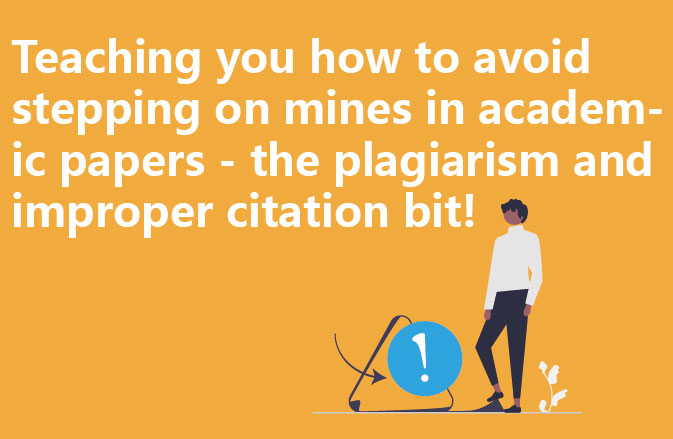First of all, we have to understand that an academic paper is not something that you can just write and turn in. It takes a lot of painstaking research and thinking to complete. So, we can’t be lazy, and we can’t plagiarise other people’s results.
So, the question is, what does it mean to plagiarise? It’s not as simple as copying homework when we were kids. Plagiarism in academic papers usually includes the following situations:
1. Verbatim plagiarism (VERBATIM PLAGIARISM): This is what we often refer to as ‘copy and paste’, directly from the Internet to download a paper or a template that meets the requirements of their own homework, and then pasted into their own documents, or large-scale paste the structure and words from elsewhere, but did not indicate the source. citing the source. This is outright plagiarism, no less.
2. PATCHWORK PLAGIARISM: This is what we often refer to as ‘PATCHWORK PLAGIARISM’, where you find some relevant knowledge from the Internet or elsewhere, and then copy a section here and there, and then finally put these bits and pieces together into an article. This practice, although slightly better than the first, also belongs to the category of plagiarism.
3. PARAPHRASING PLAGIARISM: This is what we often call ‘changing the soup without changing the medicine’, using their own words to re-organise the language to write an article. This practice, although not exactly plagiarism, but if the citation is not appropriate, it is still very easy to be plagiarism hat.
In addition to the above three common forms of plagiarism, there are some other forms of plagiarism, such as self-plagiarism (SELF-PLAGIARISM), full-text plagiarism (GLOBAL PLAGIARISM) and so on. These are the things that we should pay special attention to while writing academic papers.
So, how can we avoid plagiarism in our academic papers? Below, I will offer you a few tips:
1. read more books, read more newspapers, eat less snacks and sleep less. This sentence sounds a bit funny, but it is actually very useful. Only through continuous learning and accumulation can you write high-quality academic papers.
2. Read references carefully and take notes. When quoting others’ opinions or data, be sure to indicate the source to avoid unnecessary trouble.
3. do not blindly pursue innovation, but respect the research results of the predecessors. When conducting research, you can learn from the experience and methods of your predecessors, but you should not copy them, you should have your own insights and innovations.




